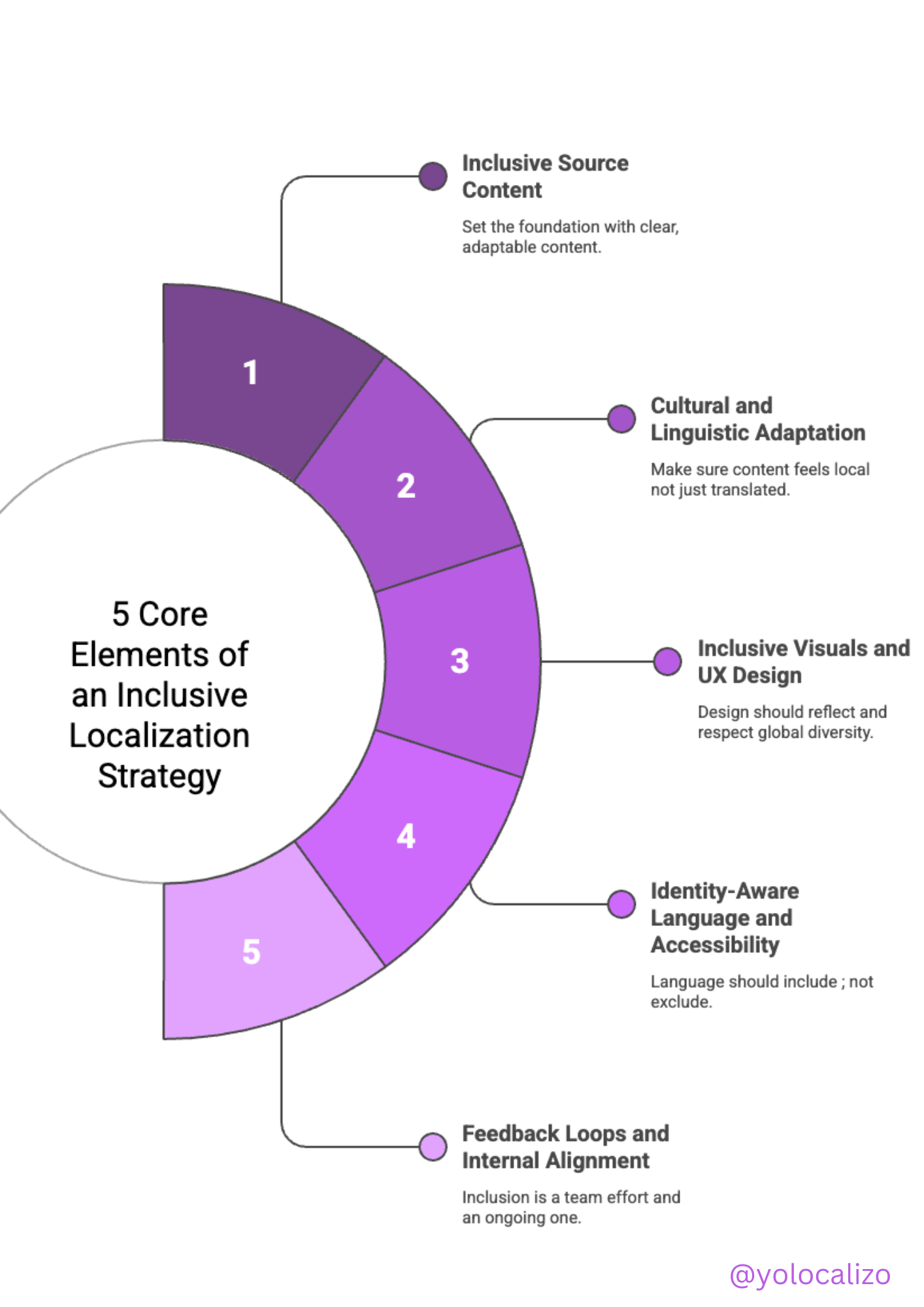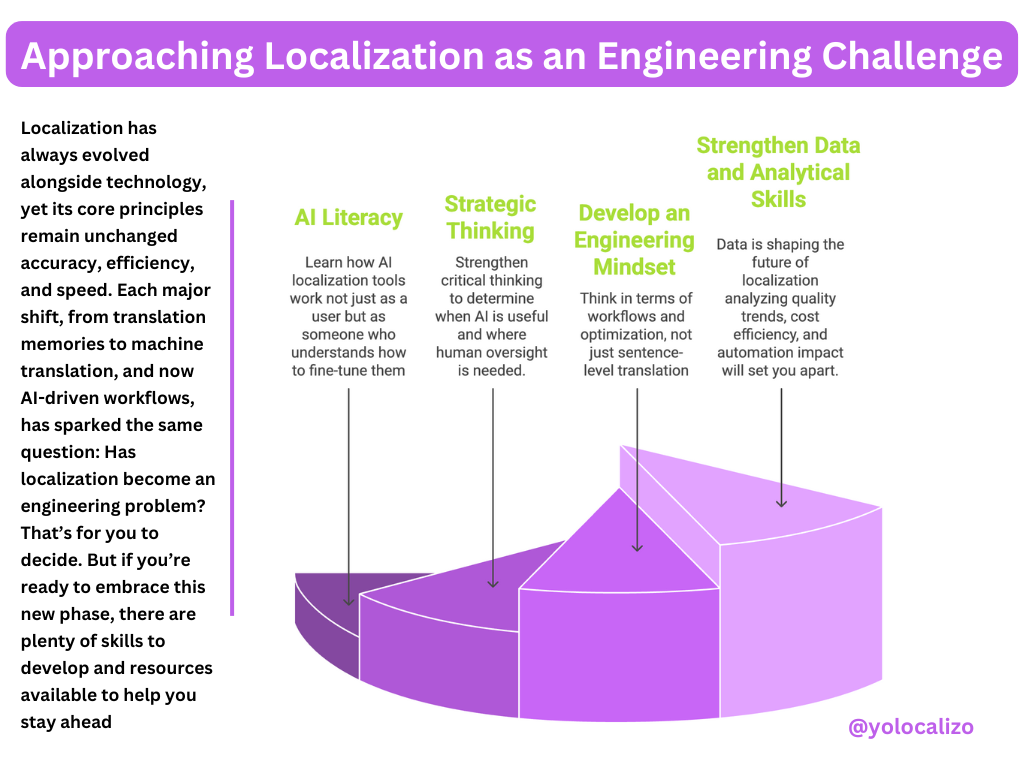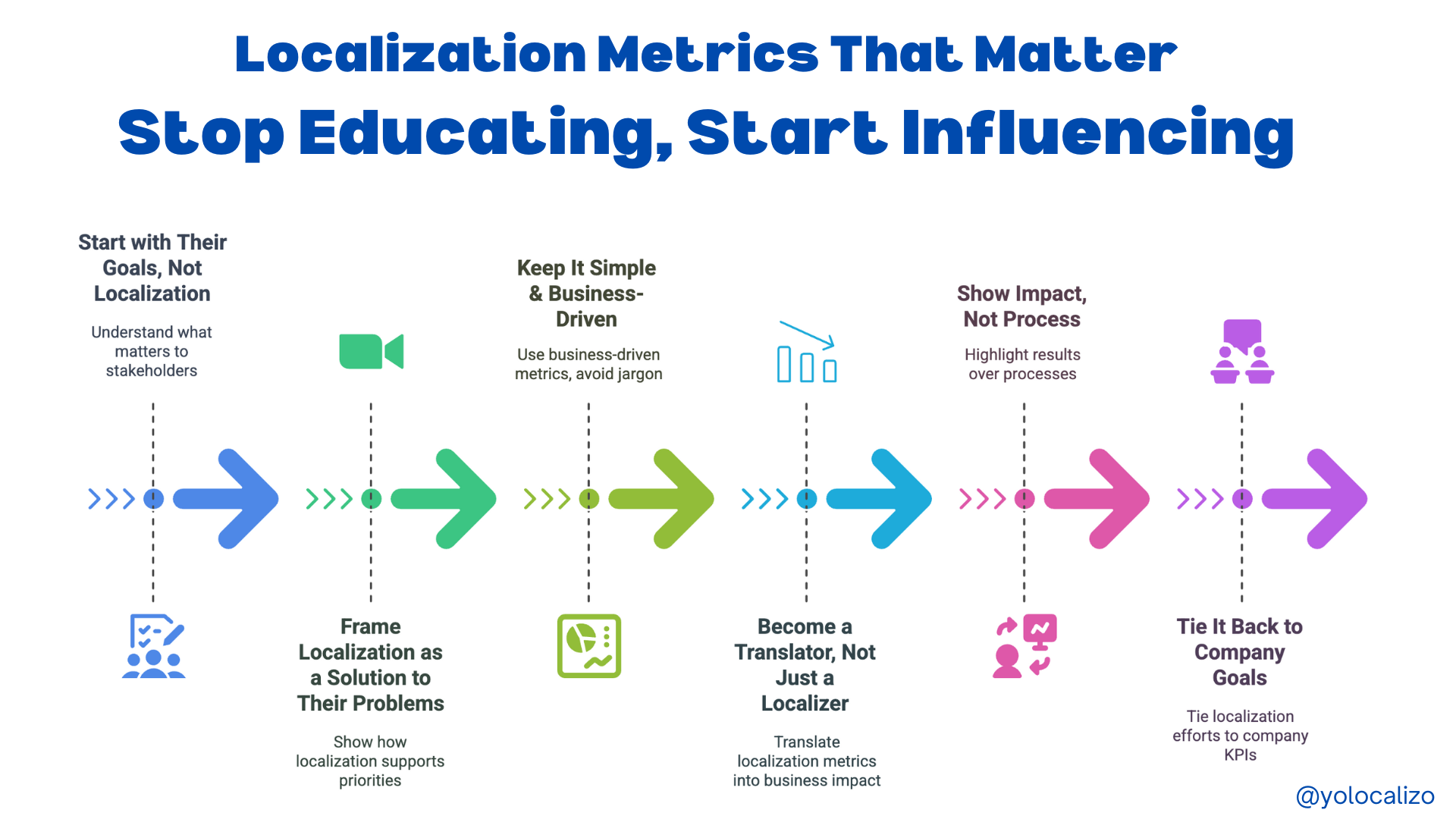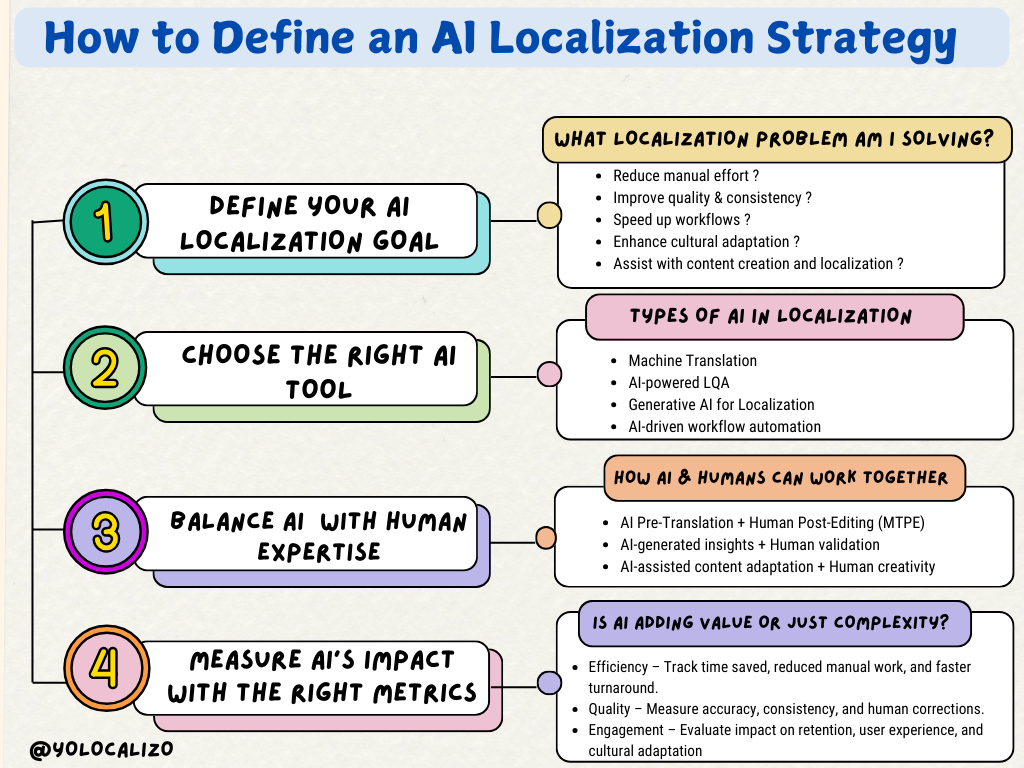Quality in the Localization is not the value differentiator anymore!
At this point in my professional life, I have spent approximately the same time on either side of the fence of the translation industry. The first 12 years of my career I spent working on translation vendors, the last decade, I've been on the other side of the fence. Usually, I find myself lost in my thoughts about how different things look depending on which side of the fence you look at them. And today I have decided to land these thoughts, here, in this post that you are about to read. Quite often writing helps me to give clarity to my ideas... So, here we go, today I talk about quality ... but more specifically I want to write about the idea that quality is no longer important ... what ???? Bear with me if that sentence sounds really weird and shocking ...
If I move to the beginning of my career, to my first decade in the industry, I vividly remember the emphasis we put on explaining to our clients our quality of translation, our quality of QA, we talked non stop about the wonderful processes we had to measure the LQI (Language Quality Inspection), I also remember the rigorous selection processes that we used to select translators or freelancers .... The word quality was in every booklet we printed, in every presentation we created, in every event we took, quality, quality, quality was what we repeated the most, it was our mantra, it was our DNA... And how life looks from the client's side you might wonder? 🙂 Fasten your seat belts because this comment may surprise you ... The quality of translation from a client perspective is not important ... Oops ... let me elaborate a little bit.
I as a client, I will not choose to work with a certain vendor because its quality is good .... Because high quality is taken for granted! Yes, when a client hires a vendor the quality that is expected is good; I receive a lot of emails throughout the year offering translation services, and believe me the majority of emails have phrases like
- We have a great experience in Games' translation/localization, recording audio with the highest quality and a proven record of success after working with client x, y, z.
- We provide full localization solutions into 100+ languages with over 20 years experience for our partners in different areas such us IT, pharmacy. With hundreds of satisfied customers, our company focuses on providing our clients with a sublime translation quality accompanied by the most advanced QA tools on the market.
- We are in contact with you to offer you our high range of linguistic services. For more than 20 years we have successfully worked with our clients to localize their contents. We are ISO 9001, ISO 126764 and ISO 61710 certified. Do not hesitate to book a translation demo to check our quality and different range of languages solutions that we can offer to support the success of your company
Source:Mc1
All vendors offer quality, for this reason, I believe that quality is no longer the reason to partner with a vendor. It's only one of the many reasons. But it's not the only one. A lack of quality will finish a relationship client-partner. But only great quality will not save the relationship client-vendor. There are more factors. That's why I believe high quality is taken for granted.
So the question is ... if the quality is not important anymore, or better said if the quality is not a differentiator to choose a vendor anymore ... which are the aspects that can make a client choose a language partner or another ?. For me the answer is ... Flexibility
- A flexible vendor.... in the solutions offered; since a client may have very varied needs as he develops his apps, video games or software in general, a vendor with adaptability and improvisation is a treasure. There are always unforeseen situations when it comes to working with tools or tight deadlines. To give an example to explain my point better ... if for example I am a client that develops an internal CMS and there is a vendor that helps me to identify why XLIFF files are giving problems when importing them in Korean, that will be a differentiating factor; A vendor who bothers to analyse errors technically and propose solutions is a very interesting travel companion for any client!
- A flexible vendor ... and proactive; they offer solutions when they see possible improvements in the workflow is also a vendor that makes a difference. The vendors work with many clients, they have seen many processes, internal workflows, APIs, macros ... A vendor is in a position to suggest possible changes in workflow since they have a very broad experience dealing with different clients, dealing with different challenges and problems. Yes, if a vendor with whom I already work takes the time to explain to me how we could do the current glossary management process even better... that is a feedback that I personally appreciate. Regardless of whether it can be applied later or not, for me what it shows is that there is a genuine interest in helping the client to improve.
- A flexible vendor ... and human. I personally like when I have a stable interlocutor, I have worked on projects in which I have been changed the point of contact 4 times in 2 months ... and then I have had other vendors that the same point of contact is stable for 4 years ... I understand that is always not possible ... but I think there is a sweet point in between, I think that it is the differentiating factor
- A flexible vendor ... and reliable. Will the handoff arrive when we have agreed? Or do I have to be checking when the deadline approaches if the handoff arrives on time or not? For me, a vendor who is committed and who does what he says gives me a huge peace of mind.
- A flexible vendor ... and humble. Translation errors, there were, there are and there will always be. But for me, the way in which a vendor manages a failure in a translation says a lot not only of quality as a vendor but also of its human quality. Vendors who put themselves on the defensive or who do not admit their mistakes will make it more complicated to establish a lasting relationship.
All the Language partners brag they have the best quality and the best processes ... and well by definition not everyone can have the best quality... Again, I'm not saying that quality is not important but somehow the way I see it is that quality is expected ... what sometimes it's not expected is the flexibility in its different forms that I mentioned in the previous paragraphs
Which are your thoughts on this topic? Do you have a different view of quality expectations? What is it that makes the relationship between a vendor and a customer become so special? Is it just the quality? Or is the quality accompanied by many more aspects ...
Leave your comments below I'd love to know your opinion about quality is taken for granted ... quality is not to value differentiator anymore ...
Have a wonderful week!
@yolocalizo














Before jumping on the AI bandwagon: What localization problem are you trying to solve? AI is everywhere right now, including in localization.
But before jumping on the bandwagon, we need to stop and ask:
Are we solving the right problem?